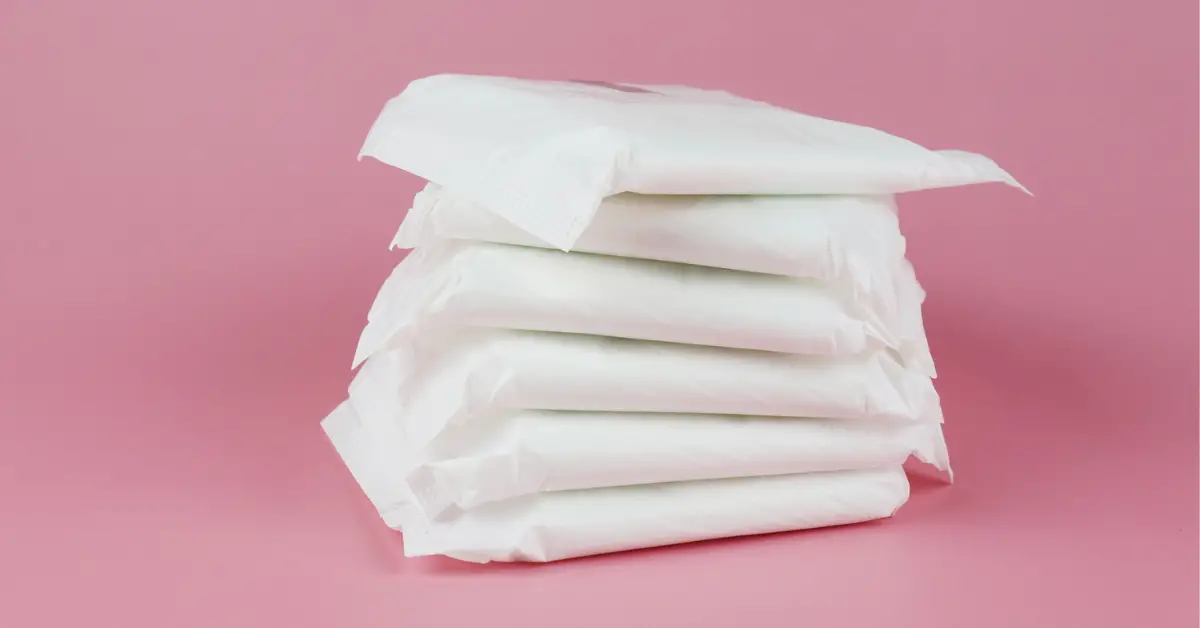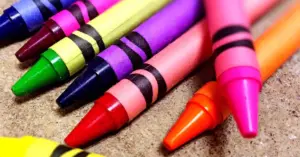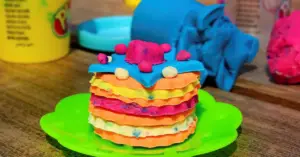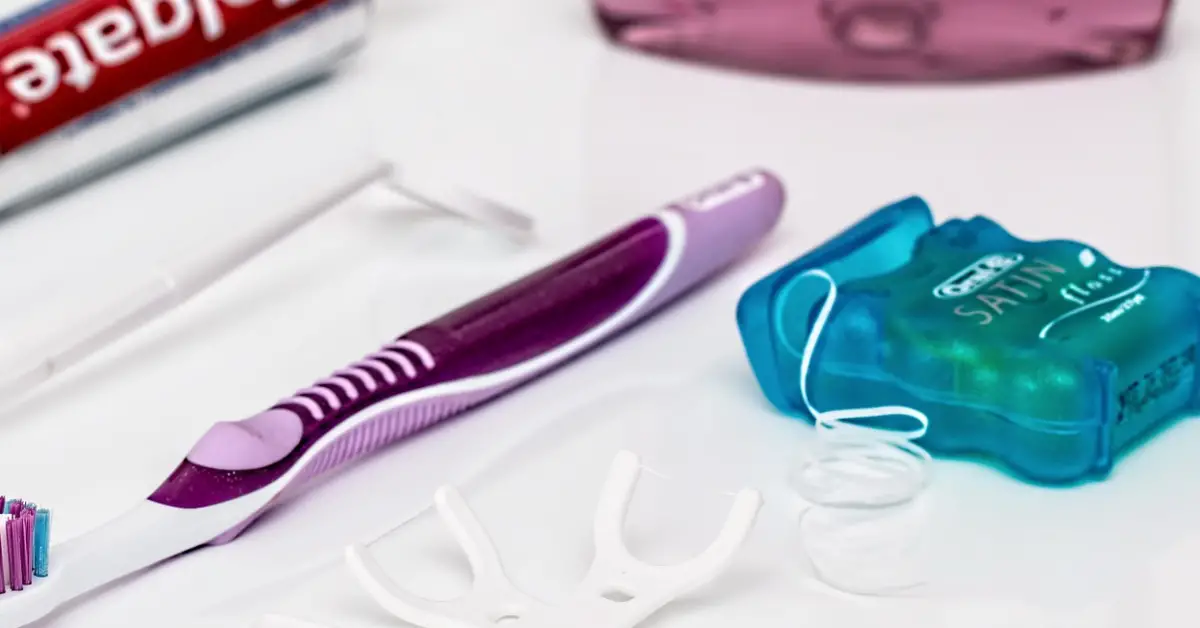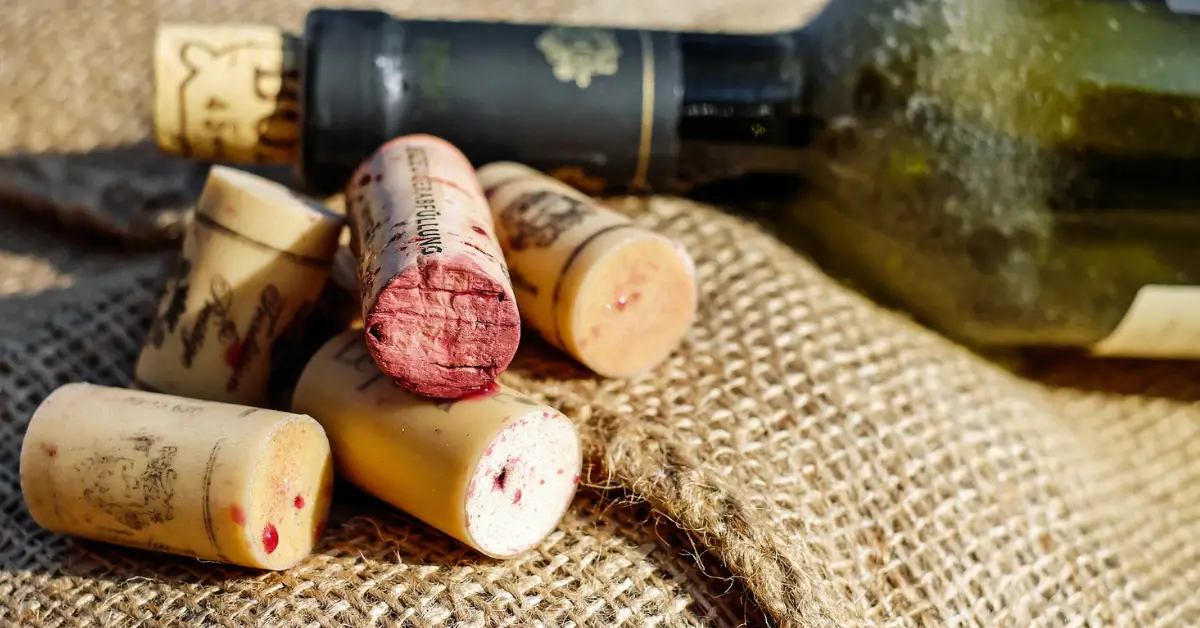Menstruation waste is becoming more talked about. And that is no surprise, we go through a lot of products every month. And since they can’t be recycled they (generally) end up in landfill. The average person goes through between 5 and 15 thousand menstruation products, either tampons or pads, in their menstruating life. The waste is colossal. What are the alternatives to putting them in the trash? Are pads biodegradable and can they be composted? Here we look at potential options and considerations.
Firstly, what are pads made from?
If we know what an item is made from, it is quite simple to deduce whether it is biodegradable or not. Different brands use different materials in their pads. There are an increasing number of brands who opt for more planet-friendly ingredients such as organic cotton or hemp, however pads are commonly made from a mixture of wood pulp and plastics. It is estimated that each pack of pads contain the same plastic as five shopping bags! That adds up to a monumental amount of plastic over your menstruating life.
So, are pads biodegradable?
To be biodegradable, the pads would need to have the ability to break down naturally with the help of micro-organisms such as bacteria. Only natural ingredients can break down – their component parts simply return to nature.
Although the wood pulp element present in pads would break down, the plastics would not biodegrade naturally. Plastic never came from nature, so it cannot return to nature. Instead, the plastic will break up into smaller and smaller pieces over many years. The microplastics that are formed will go on to cause havoc in the environment. The packaging, which is usually made from plastics too, will have the same fate.
Can sanitary pads be composted? Even used ones?!
Composting is one of the best ways that we can dispose of single-use items to divert them from landfill. Creating a free, homemade nutrient-rich fertilizer in the process. It is a common misconception that if an item is biodegradable that it automatically qualifies for the compost bin. This is, unfortunately, not the case. ‘Biodegradable’ and ‘compostable’ are not the same thing. A biodegradable item will be excluded if, for example, it contains dangerous chemicals or harmful bacteria that will contaminate the pile.
Period pads can be composted if made from purely biodegradable materials – this, clearly, rules out the vast majority of pad brands. If you use brands that still contain plastic, they will only partially breakdown in your compost pile. Parts of the pad that are made from natural ingredients will biodegrade, but the plastic parts won’t and will remain in your pile indefinitely.
There is conflicting advice on the topic of composting pads that contain menstrual blood. But, used pads can be composted – blood is actually a great source of minerals for your pile. However, it is important to consider that blood (straight from the body – and not treated in any way) is a biological waste. Menstrual blood contains bacteria and could, potentially, contain pathogens that will contaminate your pile. Our advice? We’d err on the side of caution when composting used pads – add the final product to ornamental plants rather than your veg!
It’s not all bad news..
Most pads contain a large amount of plastic – but not all! As previously mentioned, more and more brands are turning towards natural materials to make single-use pads. There are already a few brands out there that offer a more planet-friendly approach. The brand Natracare offer a wonderful alternative to the standard plastic-based options.
They are made with organic cotton – so not only are they biodegradable (and compostable), but the cotton has also not been treated with any chemical pesticides or fertilizers when being produced. Since these can cause havoc in the environment, the use of purely organic cotton is a huge environmental plus.
The bottom line
Most menstruation pads are not biodegradable, or suitable for the compost heap, due to the large amount of plastic they contain. Ideally, we want to reduce the amount waste that we produce – and using compostable pads is one way to do this. We always advocate the use of reusable items rather than single-use, throwaway products. However, if you do not want to give up single-use pads just yet, you should opt for biodegradable pads. Most of the standard varieties will outlive you in landfill! Although other brands are available, Natracare offer one of the most planet-friendly alternatives that are fully biodegradable.

